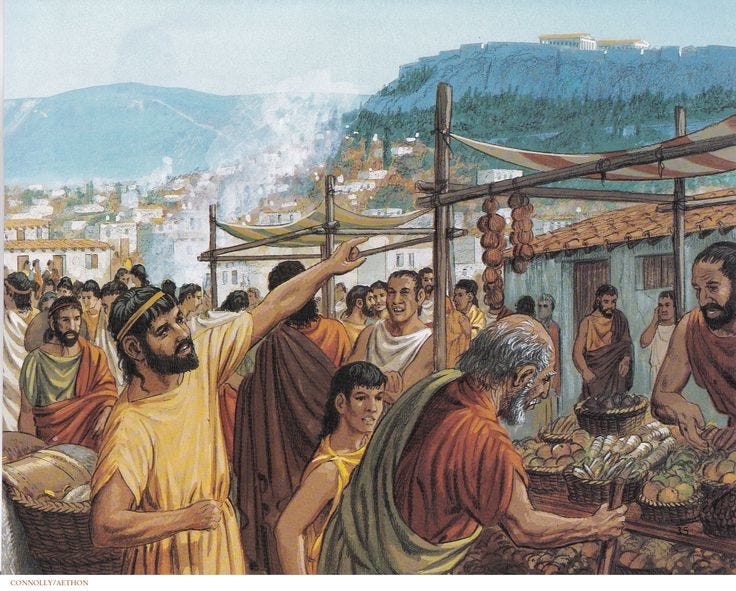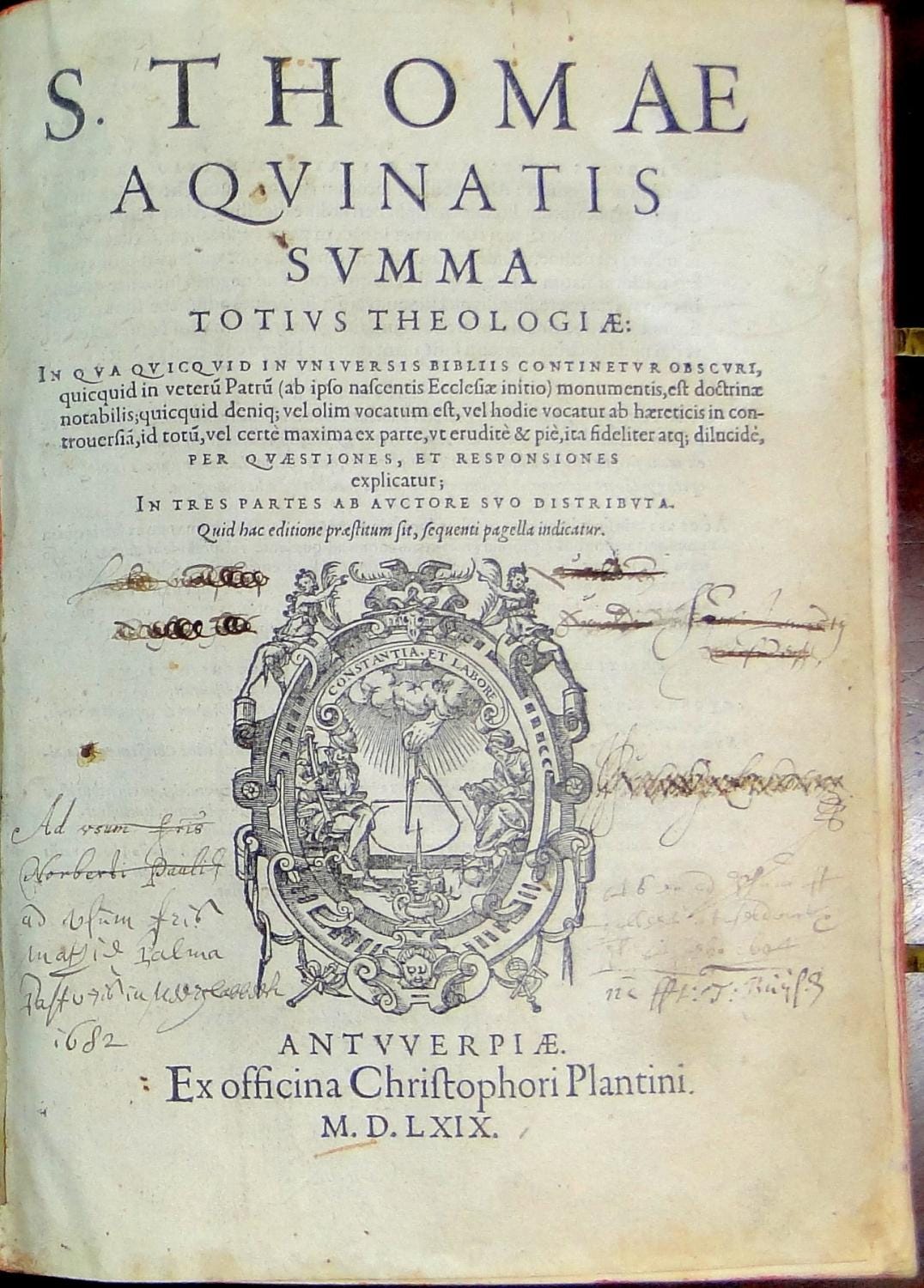Guest Post by Nassim Taleb
(Chapter from Skin in the Game)
How to Disagree with Yourself
In the summer of 2009, I partook of a an hour long discussion with David Cameron, who was in the running for, and later became, the U.K. Prime Minister. The discussion was about how to make society robust, even immune to Black Swans, what structure was needed for both decentralization and accountability, and how the system should be built, that sort of thing. It was an interesting fifty-nine minutes around the topics of the Incerto and I felt great communicating all the points in bulk for the first time. The room in the elegant Royal Society for the Arts was full of journalists. I subsequently went to a Chinese restaurant in (London’s) Soho to celebrate with a few people when I received a phone call by a horrified friend. All London newspapers were calling me a “climate denier”, portraying me as someone part of a large anti-environment conspiracy.

The entire fifty-nine minutes were summarized by the press and reported from a tangential comment that lasted twenty seconds taken in reverse. Someone who didn’t attend the conference would have been under the impression that that was the whole conversation.
It turned out that I presented my version of the precautionary principle during the conversation, worth restating here. It asserted that one does not need complex models as a justification to avoid a certain action. If we don’t understand something and it has a systemic effect, just avoid it. Models are error prone, something I knew well with finance; most risks only appear in analyses after harm is done. The burden is on those who pollute –or introduce new substances in larger than usual quantities –to show their lack of risk. In fact the more uncertainty about the models, the more conservative one should be. Ironically the same newspapers had lauded The Black Swan in which this very point was fleshed out very clearly.
I managed to defend myself by making a lot of noise, and with explicit legal threats, forced every newspaper to publish my correction. Even then someone at The Guardian tried (unsuccessfully) to tone down my letter by showing that it was some type of disagreement with what I said, not a correction of their misrepresentation. In other words I was disagreeing with myself.
But if I eventually cleared my ideas, thanks to my bully pulpit, other can’t do the same. The London newspapers were actively misrepresenting something to their own public. Someone who read the paper was mistaking the journalist for an intermediary between himself or herself and the product, the piece of news.
So clearly there is an agency problem. There is no difference between a journalist at The Guardian and the restaurant owner in Milan, who, when you ask for a taxi, calls his cousin who does a tour of the city to inflate the meter before showing up. Or the doctor who willfully misdiagnoses you to sell you a drug in which he has a vested interest.

Journalism isn’t Lindy compatible. Information transmits organically by word-of-mouth, which circulates in a two-way manner. In ancient Rome, people got information without a centralized filter. In the Ancient Mediterranean marketplaces, people talked; they were the receivers and the purveyors of news. Barbers offered comprehensive services; they doubled as surgeons, dispute resolution experts, and news reporters. If people were left to filter their own rumors; they were also part of the transmission. Same with pubs and London coffee houses. In the Eastern Mediterranean (currently Greece and the Levant), condolences were the source of gathering and transmission –and represented the bulk of social life. Dissemination of the news took place at these gathering. My social grandmother would have her “rounds” of visits of condolences some days in Beirut’s then significant Greek Orthodox community, and knew practically everything down to the most insignificant details. If the child of someone prominent flunked an exam, she knew it. Practically every affair in town was detected.
Unreliable people carried less weight than reliable ones. You can’t fool people more than twice.
The period of time that corresponds to the reliance on one-sided accounts such as television and newspapers, which can be controlled by the mandarins, lasted from the middle of the twentieth century until the U.S. elections of 2016. In that sense, social networks, allowing a two-way flow of information, put back the mechanism of tidings in its natural format. As with participants in markets and souks, there is a long term advantage to being dependable.
Further, such an agency problem as that of the current press is systemic, as its interests will keep diverging from that of its own public, until the eventual blowup as we saw with the skewness-fragility theorem. I was less frustrated by the misinterpretation than by the fact that no reader would have realized that ninety-nine percent of my discussion with Cameron was about other things than climate change. If the former could have been a misunderstanding, the latter is a structural defect. And you never cure structural defects; you let the system collapse.

The divergence is evident in that journos worry considerably more about the opinion of other journalists than that of the general public. Compare to a healthy system, say that of restaurants. As we saw in the [Lindy Chapter], restaurant owners worry about the opinion of their customers, not those of other restaurant owners, which keeps them in check and prevent the business from straying collectively away from its interests. Further, skin in the game creates diversity, not monoculture. Economic insecurity worsens the condition: journalists are currently in the most insecure profession you can find: the majority lives hand to mouth and ostracism by their friends would be terminal. Thus they become easily prone to manipulation by lobbyists, as we saw with GMOs, the Syrian wars, etc. You say something unpopular in the profession about Brexit, GMOs, Putin, and you become history. This is the opposite of business where me-tooism is penalized.
The Ethics of Disagreement
Now let us get deeper into the application of the Silver Rule in intellectual debates. You can criticize either what a person said or what the person meant. The former is more sensational, hence lends itself more readily to dissemination. The mark of a charlatan –say the journalist Sam Harris, promoteur of pseudo-rationality –is to defend his position or attack a critic by focusing on some of his/her specific statement (“look at what he said”) rather than blasting his exact position (“look at what he means” or, more broadly, “look at what he stands for”), the latter of which requires an extensive grasp of the proposed idea. Note that the same applies to the interpretation of religious texts, often extracted from their broader circumstances.
It is impossible for anyone to write a perfectly rationally argued document without a segment that, out of context, can be transformed by some dishonest copywriter to appear totally absurd and lend itself to sensationalization, so politicians, charlatans and, more disturbingly, journalists hunt for these segments. “Give me a few lines written by any man and I will find enough to get him hung” goes the saying attributed to Richelieu, Voltaire, Talleyrand, a vicious censor during the French revolution phase of terror, and a few others. As Donald Trump said “The facts are true, the news is fake” –ironically at a press conference in which he suffered the same selective reporting as my RSA event.
The great Karl Popper often started with an unerring representation of the opponents positions, often exhaustive, as if he were marketing them as his own ideas, before proceeding to systematically dismantle them. Also, take Hayek’s diatribes Contra Keynes and Cambridge: it was a “contra” but not a single line misrepresents Keynes or makes an overt attempt at sensationalizing. (I have to say that it helped that people were too intimidated by Keynes’ intellect and aggressive personality to risk triggering his ire.)
Read Aquinas’ Summa Theologica, written eight centuries ago; you will notice sections with Questio, then Praeteria, Objectiones, Sed Contra, etc., describing with a legalistic precision the positions being challenged and looking for a flaw in them before submitting a compromise. If you notice a similarity with the Talmud, it is no accident: it appears that both methods originate with Roman pagan legal reasoning.

Note the associated straw man arguments by which one not only extracts a comment but also provides an interpretation, or promotes misinterpretation. As an author, I consider straw man no different from theft.
Some types of lies in an open market cause other traders to treat the perpetrator as if he were invisible. It is not about the lie; it is about the system that requires some modicum of trust. For historically, purveyors of calumnies did not survive in ancient environments.
The principle of charity and the repulsion at its violations are Lindy compatible. Isaiah, 29–21 states: That make a man an offender for a word, and lay a snare for him that reproveth in the gate, and turn aside the just for a thing of nought. The wicked ensnare you. Calumny was already a very severe crime in Babylon, where the person who made a false accusation was punished as if he committed the exact crime.
However, in philosophy, the principle –as principle — is only sixty years old. As with other things, if the principle of charity had to become a principle, it is because an old practice had to have been abandoned because of modernity.
APPENDIX: CITIZENS vs GAWKER and CITIZENS vs JOURNALISM
One way journalism will self destruct [from its divergence away from the public] is illustrated by the Gawker story. A voyeurism outfit realized that there are tort laws in the U.S. protecting private citizens. America has tort laws and a legal mechanism by which people harmed by corporations can be compensated for it –a mechanism that flourished thanks to Ralph Nader. It, along with the First Amendment, protect citizens by putting skin in the game of the corporations. So eventually Gawker which bullied its financially weaker victims (often twenty-one-year old in revenge porn scenes) got bullied by someone richer and went bankrupt.
What was quite revealing is that journalists sided with Gawker on grounds of “freedom of information”, the most misplaced exploitation of that concept, rather than with the public who sided, naturally, with the victim. Nobody is a saint, nobody wants his or her sexual scenes or private information to spread without some type of punishment; nobody likes the industrialization of voyeurism.





As a dimwit I struggle sometimes with understanding the writings of deeper thinkers.
Often I do not understand the Bible.
I have faith in God, the rest is often hard telling.
Taleb’s twitter statement, “So I despise these virtue-signaling open-borders imbeciles.”
It is good, I understand that line.
The media ceased being journalists years ago. They are now the very best of the activist class…..serving their own interests to the detriment of everyone else involved and any who may be listening.
No toad, I find this to be very badly written as well. He leaps from point to point without conclusion and it is never clear what it is that he is railing against. He makes obscure references without citation, and the sentence structure is at times complete gibberish.
All in all not very impressive.
Taleb is a genius; read his books before continuing to make a fool of yourself by attempting to comment on what he has to say.
Wasem, I agree. Reading Taleb’s writings takes some work. But the reader is rewarded with lots of knowledge and information they previously lacked.
While Taleb’s writing style tends to jump around and not lead directly from the theory to a conclusion, it is usually entertaining and quite enlightening. He does always get to the point, but the road may meander a bit.
I’ve read three of his books now and every one taught me significant lessons.
The media is a hammer and we are the nails….they constantly are chipping away at the fabric of society.